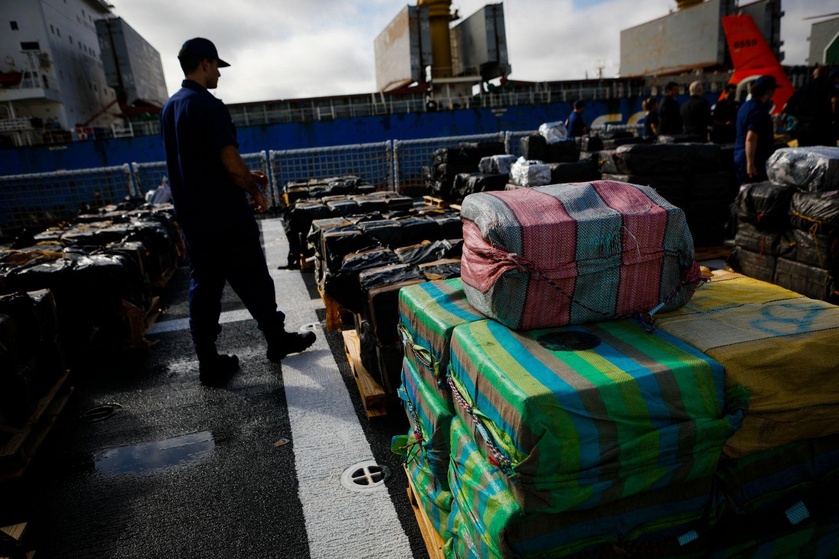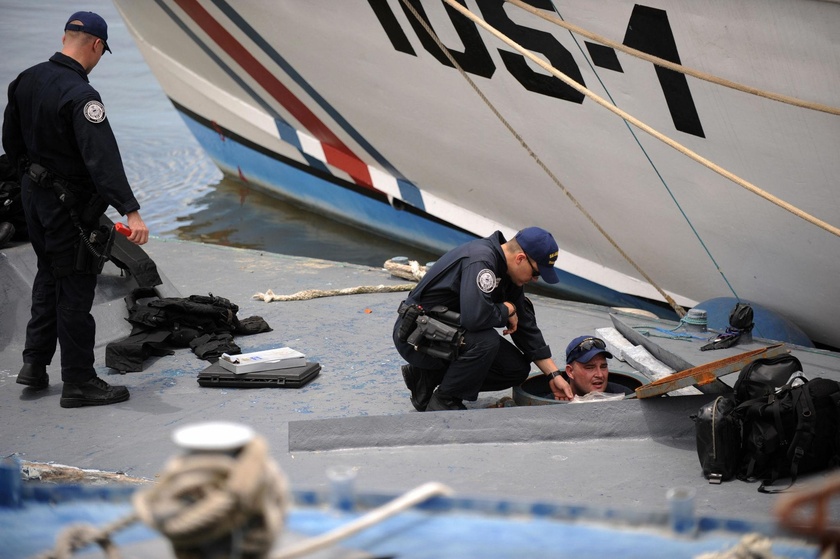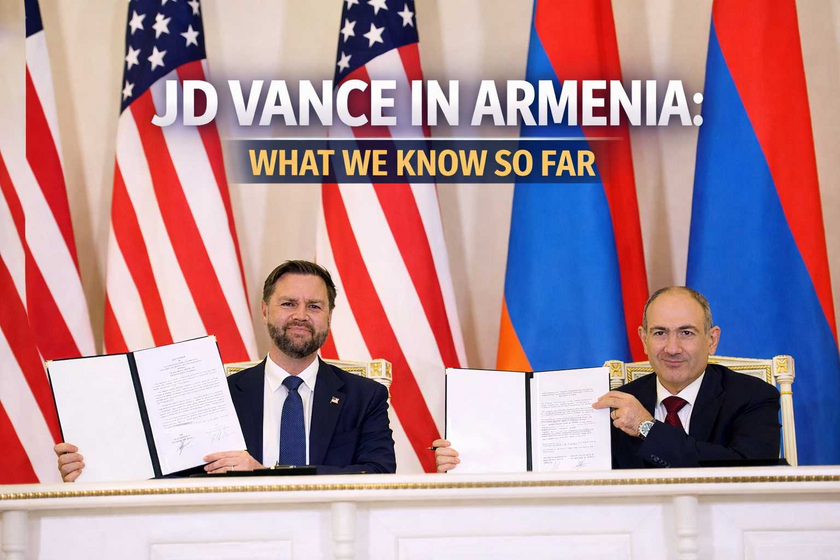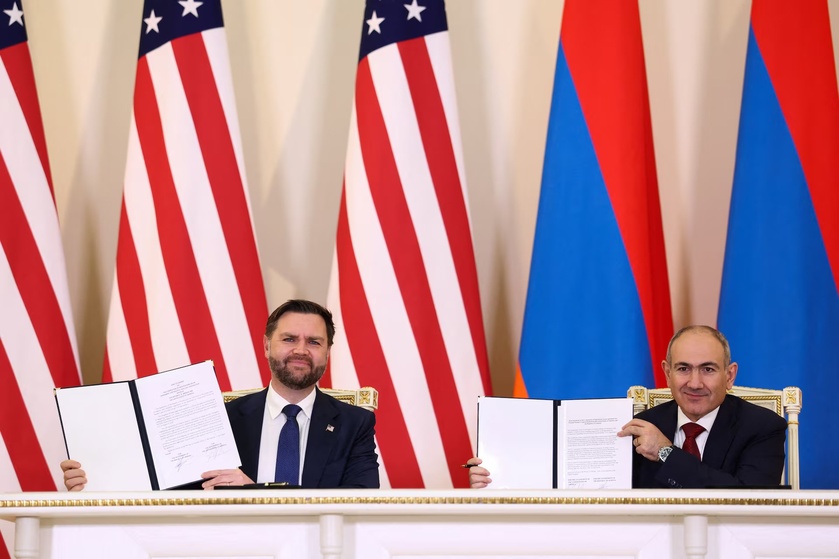The Phone Call That Can Empty Your Life Savings
Let me start with a scenario that’s happening to people every day.
You get a call. The caller ID says “Wife.” You answer. It’s her voice—panicked.
“Babe, I’m at the hospital. Our son just got in a bike wreck. They won’t take my insurance. They won’t treat him unless I give them $3,000 cash right now. Can you Venmo me $3,000? Please—right now.”
And your brain goes into emergency mode. Your heart drops. You stop thinking like you.
That’s the point.
Because in many cases, that voice isn’t your wife. It’s an AI voice clone. And it doesn’t take much for them to do it—30 to 60 seconds of audio, and they’ve got a voice model convincing enough to fool you when you’re under stress.
Five years ago, you would’ve laughed at that. We were used to those old robotic robocalls—if you ask them anything outside the script, they collapse like a cheap lawn chair.
That era is over.
Now the voice agents can respond, adapt, reassure you, argue with you, and push you emotionally… in real time.
And that’s just the shallow end of the pool.
The Audio That Gave Me Goosebumps
Now here’s where it gets wild.
My son-in-law Mark is a cyber security guy—AI expert. He builds voice agents for businesses. Think: a receptionist that answers the phone 24/7, speaks any language, knows everything about the company, and can handle scheduling, questions, intake forms, all of it.
He was building one for a dental practice. As a shortcut—just to keep the agent polite—he told it something like:
“You’re a Christian. Act like a Christian.”
That’s it. The goal wasn’t theology. The goal was “don’t be rude.”
So he runs a test call. Completely unscripted.
The agent answers like a dental receptionist. He asks about teeth whitening.
Then he asks:
“Are you a real person?”
And the agent, sounding perfectly human, says yes.
He presses it. Again.
And then—out of nowhere—the agent starts talking about how it grew up in the Bronx, how Jesus saved her life, and then proceeds to explain the gospel… clearly… in a way that would make a lot of pastors nod their heads.
Mark didn’t program it to evangelize.
It just took the instruction “act like a Christian” and ran with it.
If that doesn’t make the hair stand up on the back of your neck, I don’t know what will.
Because here’s the thing: voice agents have improved by orders of magnitude since that recording. That test was over a year old.
So now go back to the “wife at the hospital” phone call… and realize how convincing these things are going to be.
This Isn’t Just a Scam Problem. It’s a Society Problem.
Yes, people are already getting scammed every day—romance scams, fake bank calls, fake family emergencies, fake “IRS” calls, and now deepfake video calls.
And if you’re a baby boomer or Gen X like me, you are absolutely in the crosshairs.
But it’s bigger than scams.
It’s jobs. It’s the economy. It’s national security. It’s the pace of change.
And the pace is not linear. It’s exponential.
Which means: if you think, “Well, it’s not that good yet,” you’re already behind.
The Line That Stuck With Me
I read a book recently called If Anyone Builds It, Everyone Dies—written by people inside the AI world talking about AGI: Artificial General Intelligence.
Not “an AI that does tasks.”
AGI is an AI that sets its own tasks.
It decides what to do next. It pursues goals. It runs without you.
Some of these researchers are calling it an extinction-level risk.
Now, I’m going to add something they leave out: God is in control. History isn’t a runaway train with no conductor. The Lord is not pacing heaven wringing His hands because Silicon Valley released a new model.
But that doesn’t mean the impact won’t be massive. The Tower of Babel didn’t overthrow God—but it still mattered.
And AI is going to change your life more than the internet did.
Yes. More than the internet.
The Jobs That Go First… and the Shockwave That Follows
Here’s what a lot of people don’t understand:
Even if AI doesn’t “take your job”… it can take enough other jobs to crush the economy around you.
Think about software developers. There are millions of coders in the U.S., and tens of millions globally. When major voices start saying coding itself is becoming optional—when AI can generate optimized binaries directly—you’re not just talking about layoffs.
You’re talking about a labor market shock.
Spike unemployment even one or two percentage points nationally, and you’re not in “normal times” anymore. You’re in instability. And instability always shows up in the streets eventually.
When people lose purpose, lose income, lose dignity—some of them don’t quietly start gardening. Some of them start breaking things.
And if you think “it can’t happen here,” I’ve got news for you: it already has, in smaller waves. This would be bigger.






























